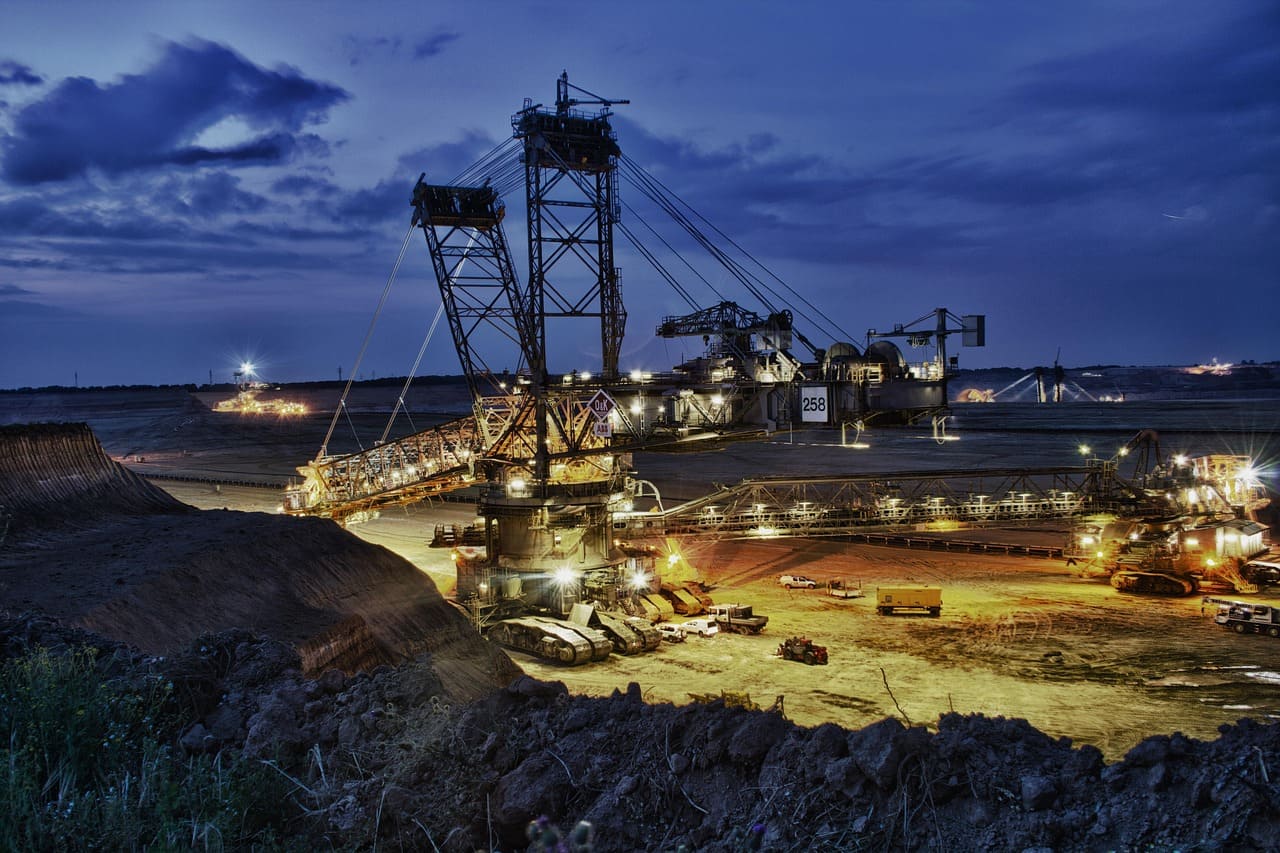
Coal & Firewood Trading - Import & Export
The global trade of coal and firewood remains one of the most vital sectors in the energy supply chain, connecting producers, distributors, and end-users across continents. This industry not only sustains the energy needs of millions of homes and businesses but also plays a crucial role in supporting industrial production, manufacturing, and heating systems in regions where alternative energy sources remain limited or cost-prohibitive.
The activity of coal and firewood trading involves a complex network of operations that include procurement, processing, logistics, quality control, and international shipping. Traders act as intermediaries between mining companies, forestry operations, and consumers, ensuring a steady and reliable flow of energy resources from areas of abundance to areas of demand. The process requires a combination of technical expertise, market awareness, and compliance with strict environmental and safety regulations.
Sourcing and Procurement
Sourcing begins with identifying reputable suppliers capable of providing high-quality thermal or metallurgical coal and sustainably harvested firewood. Modern trading companies establish long-term contracts with mines and forestry enterprises, emphasizing sustainability, consistent quality, and traceability of origin. Coal is typically categorized by its calorific value, ash content, and moisture levels, while firewood is graded according to wood type, density, and burning efficiency.
The emphasis on sustainability has reshaped the way the industry operates. Many companies now collaborate with certified forestry programs to ensure that firewood originates from managed forests that adhere to international environmental standards. Likewise, coal traders are increasingly engaged in responsible mining initiatives, focusing on reducing the carbon footprint associated with extraction and transportation.
Processing and Quality Control
Once raw materials are sourced, they undergo processing to meet market specifications. Coal is often washed, screened, and sorted into different grades suitable for industrial furnaces, power generation, or domestic use. Firewood, on the other hand, is dried, cut, and packaged in uniform sizes to optimize burning efficiency and minimize moisture content.
Quality control plays a decisive role in maintaining the reputation of a trading company. Advanced laboratory testing, moisture analysis, and calorimetric evaluations ensure that every shipment meets international standards. The objective is to deliver reliable and safe energy products that perform consistently regardless of the destination market.
Import and Export Operations
The import and export segment of coal and firewood trading involves meticulous planning and execution. Traders coordinate with port authorities, customs offices, and freight companies to ensure smooth handling of cargo across borders. Depending on the trade route, shipments are moved via rail, sea, or road transport. Bulk coal cargoes are typically transported in large vessels or freight trains, while firewood is often containerized for smaller-scale distribution.
Logistics management includes real-time tracking, inventory control, and the use of modern digital platforms to monitor deliveries. Efficient logistics not only reduce operational costs but also minimize delays and product losses. Many trading companies now employ advanced software solutions that integrate sales forecasting, supply chain visibility, and risk management tools into a unified digital ecosystem.
Market Dynamics and Pricing
Coal and firewood markets are heavily influenced by global energy demand, seasonal weather patterns, and geopolitical factors. For coal, pricing is determined by international benchmarks such as the API indices, while firewood prices fluctuate based on regional availability and consumer trends. During colder months, the demand for both commodities typically spikes, driving up short-term prices.
A successful trader must therefore balance short-term market movements with long-term strategic planning. Understanding global energy policies, carbon taxation, and renewable energy trends allows businesses to anticipate market shifts and adapt accordingly. Many firms also diversify their product portfolios by including biomass pellets, charcoal, or briquettes as alternative fuels to traditional coal and wood.
Sustainability and Environmental Responsibility
Environmental considerations are increasingly shaping the future of the industry. With the global transition toward cleaner energy sources, coal traders are expected to demonstrate transparent emission monitoring and invest in technologies that reduce environmental impact. Firewood trading, in turn, emphasizes sustainable forest management, carbon neutrality, and renewable energy certifications.
The integration of carbon offset programs, reforestation initiatives, and eco-friendly packaging demonstrates the industry’s commitment to a greener future. Responsible companies promote educational initiatives to raise awareness about energy conservation and the importance of sustainable sourcing among consumers and partners alike.
Safety and Compliance
Adherence to safety standards is a fundamental requirement in coal and firewood trading. Proper storage, handling, and transportation minimize the risks of combustion, contamination, and occupational hazards. Exporters must comply with international trade regulations, including customs documentation, hazardous materials labeling, and product certification under ISO or EN standards.
Compliance also extends to financial transparency and anti-corruption practices. Reputable trading firms implement due diligence procedures to prevent money laundering and ensure ethical business conduct. The use of traceable digital documentation systems strengthens accountability and facilitates regulatory audits.
Technology and Innovation
Modern technology has transformed every aspect of the coal and firewood trade. Automation, AI-driven analytics, and blockchain traceability systems are becoming standard tools in logistics and procurement. These innovations provide precise tracking of shipments, reduce paperwork, and guarantee authenticity of origin. Online trading platforms enable instant communication between buyers and suppliers, improving transparency and efficiency.
Furthermore, advancements in combustion technology and cleaner processing methods enhance the energy efficiency of both coal and wood fuels. The continuous pursuit of innovation allows the sector to remain relevant in a rapidly changing global energy landscape.
Global Outlook
Despite the rise of renewable energy sources, coal and firewood will continue to play a significant role in the global energy mix for decades to come—especially in developing regions where infrastructure for alternative power remains underdeveloped. Traders who can balance environmental responsibility with commercial efficiency will find enduring opportunities in both established and emerging markets.
The future of coal and firewood trading lies in diversification, digitalization, and sustainability. Companies that embrace these principles not only strengthen their market position but also contribute to the responsible use of natural resources. As global energy systems evolve, this sector remains a bridge between traditional energy supply and the innovations of a greener tomorrow.

